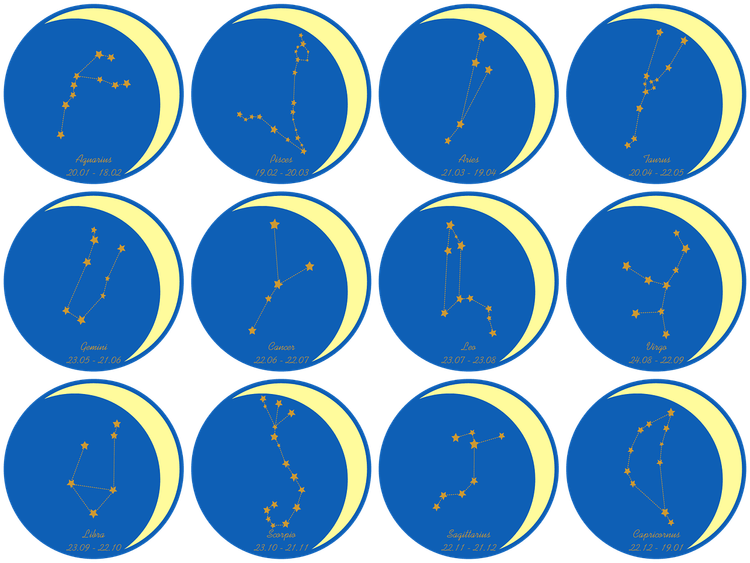Researchers have developed an innovative AI-powered system that can detect early signs of Parkinson's disease using brain wave recordings. This groundbreaking work, carried out by teams from institutions across the U.K., Denmark, and Australia, focuses on analyzing electroencephalograms (EEGs) — a method that measures the brain's electrical activity.
Parkinson's disease is a progressive neurological disorder characterized by the gradual damage to nerve cells in the brain, which leads to diminished motor control. According to the Parkinson's Foundation, over 10 million people globally are affected by Parkinson's, with around one million cases in the United States alone. Projections indicate that this number could rise to 1.2 million by 2030. Unfortunately, there is currently no cure for this debilitating condition. Diagnosis often relies on a physician’s evaluation of symptoms combined with various medical tests.
The ability to diagnose Parkinson's early is crucial as it allows caregivers to enhance the quality of life for patients. The new AI system stands out by detecting Parkinson's from brain wave scans, facilitating earlier diagnoses than previous methodologies. This capability allows healthcare professionals to identify abnormalities in EEG scans, providing vital insights into both the presence and severity of the disease in patients.
The research reveals that this technological advancement can significantly improve care for Parkinson's patients. “The findings of this research will assist in creating an essential technology for efficient Parkinson's disease diagnosis, enhancing patient care and quality of life,” states the paper detailing the study.
In rigorous testing conducted in San Diego and Iowa, the AI model was able to monitor brain waves from both Parkinson's patients and healthy individuals. The results demonstrated remarkable accuracy, achieving an impressive 95.79% accuracy on the Iowa dataset and an astonishing 99.83% accuracy in the San Diego dataset when classifying individuals with Parkinson's disease against healthy controls. The findings indicated that the frontal and central regions of the brain yielded the most accurate results for detecting signs of the disease.
“The proposed model holds promising potential as a valuable and enduring aid for experts and clinicians in diagnosing Parkinson’s disease,” the paper emphasizes. The researchers also suggest that the AI system could be adapted for other medical signals, such as electrocardiograms (which monitor heart activity) and electromyograms (which measure muscle stimulation).
“This milestone marks a significant step forward in the diagnosis of Parkinson's disease, showcasing the potential of our innovative approach,” shared Muhammad Tariq Sadiq, an assistant professor at the University of Essex, on LinkedIn.
This research not only offers hope for earlier diagnosis of Parkinson's disease but also highlights the potential for AI technology to transform the landscape of neurological disorder diagnosis and patient care. By continuing to leverage advancements in artificial intelligence, we can pave the way for more effective interventions and improved health outcomes for millions affected by this condition.







